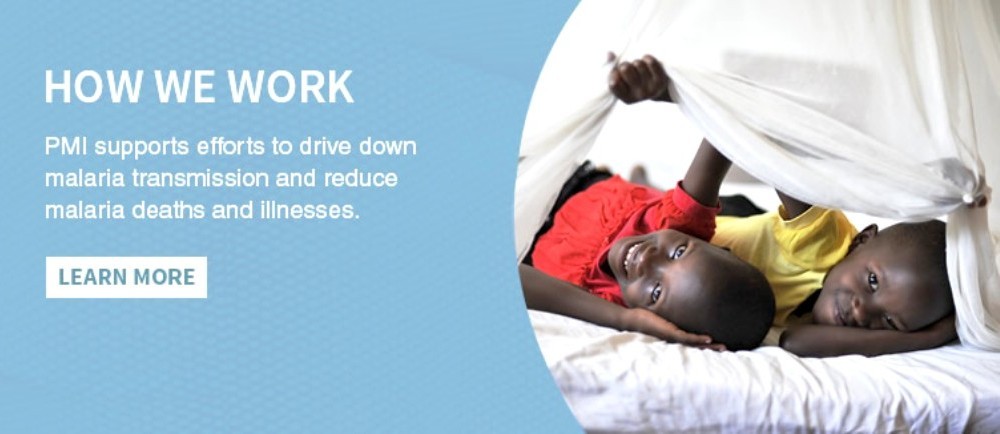Mosquito netting, medicine and more mark the United States Agency for International Development's (USAID)President's Malaria Initiative (PMI), recently bolstered by military entomologists’ work in efforts to curtail malaria via the Navy Entomology Center of Excellence (NECE).
Specifically, PMI has ensured distribution of anti-malarial drugs, targeted indoor spraying, and insecticide-reinforced bed nets. Although the USAID manages PMI, additional technical support and scientific direction comes directly from the Centers for Disease Control and Prevention (CDC).
Noting the sector’s recent increase in participation, NECE’s commander Navy Capt. Jeffrey Stancil said that Navy scientists have collaborated with CDC for a while now.
“Navy entomologists stationed at the CDC have been involved with PMI for several years,” he said. “At NECE, we are honored to have been asked to join this team battling the world’s deadliest foe and support the United States Africa Command and Navy Medicine’s Global Health Engagement missions, develop partnerships across the GHE spectrum and ensure the operational readiness of our own personnel.”
NECE maintains its headquarters in Jacksonville, Florida, where it battles diseases such as malaria, leishmaniasis and dengue fever. These ailments are on the rise, potentially impacting deployed personnel worldwide even more than observed decades ago, according to military spokespersons.


 Alerts Sign-up
Alerts Sign-up